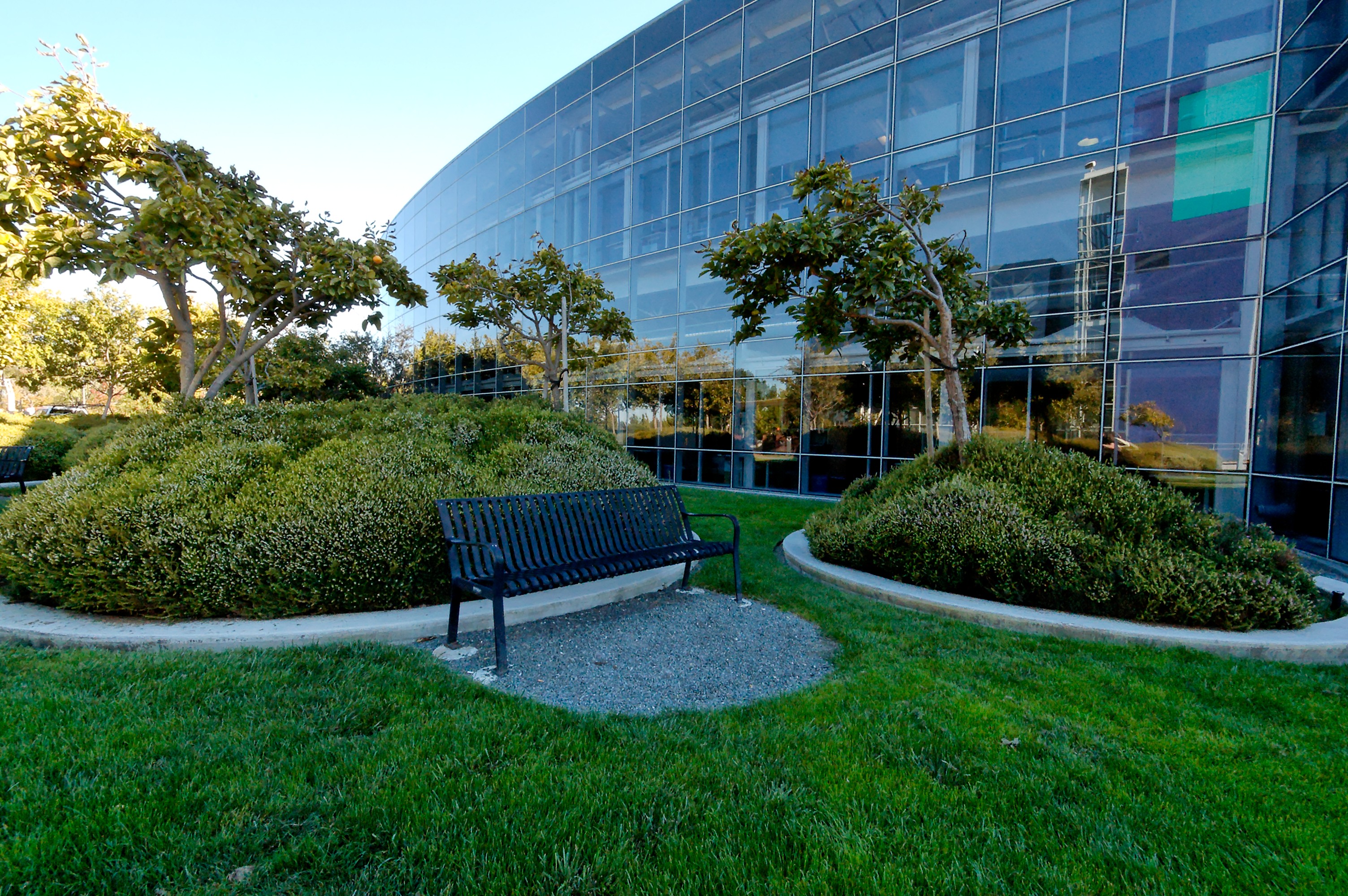 Source: http://www.theguardian.com/technology/2013/oct/16/amazon-permanent-jobs-christmas
Source: http://www.theguardian.com/technology/2013/oct/16/amazon-permanent-jobs-christmas
Amazon’s value proposition is actually relatively simple- to make simple the online shopping experience for consumers as much as possible. This Christmas, Amazon is creating over 800 permanent jobs before the Holiday season so that demand will be adequately met.
However relevant to the end consumer, Amazon’s decision to hire 800 workers in their UK distribution centres is creating jobs and opportunities for the temporary workers currently stationed at that location. Existing workers who wished to take the holiday season off will be able to do so, while those who needed the extra money are given a chance to work. Amazon’s decision to hire more workers creates value for members within their distribution factory and ultimately builds the corporate culture within the centre.
Perhaps the most enduring aspect of Amazon’s value proposition is that they have been spectacularly consistent at delivering their promise. Amazon makes it a priority to promise the same level of quality (especially as it pertains to receiving products in a timely manner), regardless of the season or demand at their distribution centres.
By establishing their frame of reference as a reliable online shopping service, consumers have the confidence to trust the Company during times when receiving a product on time is absolutely critical. Amazon’s compelling point of difference is the consistency and the accuracy of their deliveries, while they leverage their superior point of parity as being an online super-marketplace. Aileen blogged about Amazon’s entry into the online grocery business, which is bound to involve a fast-paced delivery model- a great fit for Amazon’s superior operational techniques.







